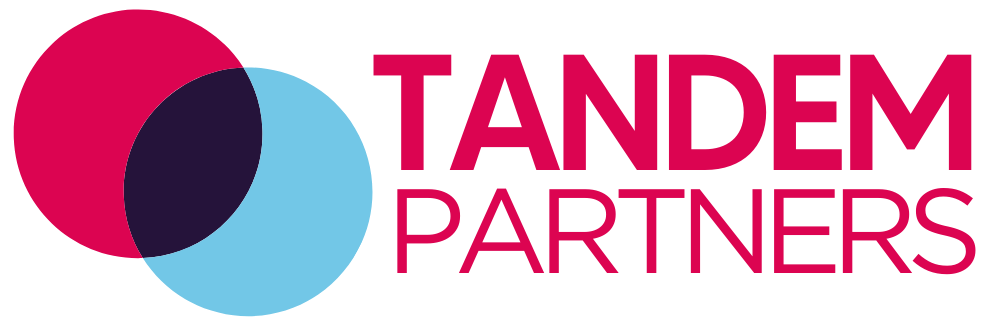Too Busy To Enjoy Life?
Pseudo vs. Slow Productivity
Continuing the Japanese theme from my last article, I was fascinated by Dr. Libby Sander PhD's latest podcast, reporting on her recent study tour to Tokyo, exploring fast retailer UNIQLO 's global HQ, a dream workspace in Tokyo which houses 10,000 employees, beautiful lounge areas, and an incredible Reading Room, all designed to ignite imagination and inspire creativity. In a country synonymous with long hours, significant overwork, and presenteeism, it is refreshing to see an employer investing in creating workspaces which encourage time to think.
Libby shared that The World Health Organisation recently reported that 60% of people say they're too busy to enjoy their life, that the amount of discretionary time we have at our disposal contributes to our stress. Does this resonate with you? Last week I had a lot going on for me outside of work, which set me back professionally for the week, and in turn made me anxious and stressed because I wasn't on top of things at work or on the home front. Normally, in this situation, I would work in the evenings or the weekend to catch up, but even that time was taken up with other things. Being so time poor is my kryptonite. But I also know all too well that working longer hours, consistently, is not sustainable and not the answer, as it ironically leads to negative productivity, along with stress, cognitive fatigue, and burnout.
Think about how often we say to others or even just think to ourselves, "I'm so busy"..."busyness" can be perceived as being important, as somewhat of a badge of honour, but if you're just busy being busy, with a full calendar and endless unproductive meetings, it doesn't necessarily mean you're working on what matters most, or that you're actually achieving anything. That's pseudo-productivity, right there.
Libby introduces Cal Newport's new book, Slow Productivity, a follow up to several others he has written about the intersections of technology, work, and the quest to find depth in an increasingly distracted world (I regularly recommend his 2016 book, Deep Work to people grappling with this). Cal defines pseudo-productivity as being the use of visible activity as the primary means of approximating actual productive effort, but explains instead, we should be valuing quality over quantity. I'm excited to dive in!
So, at the end of today, or this week, instead of thinking about how many hours you worked, consider what you have achieved that you're proud of, what did you do that mattered or made a difference?
Has anyone already read Slow Productivity yet, or any of Cal's other books? Are you guilty of being pseudo-productive? Is your workspace (office or home) conducive to enabling time for thinking or creativity? I'd love to hear.
#productivity #tandempartners
Refine results
Keywords
Contact Us
Categories
News
HR Leader Series


